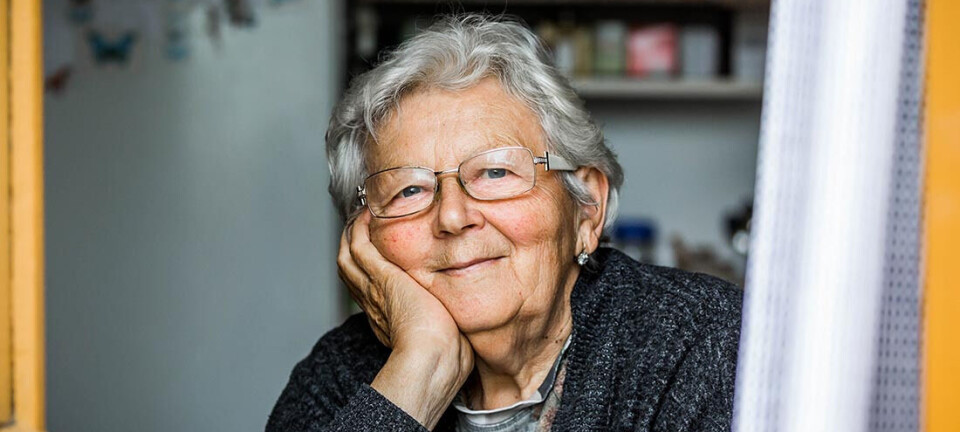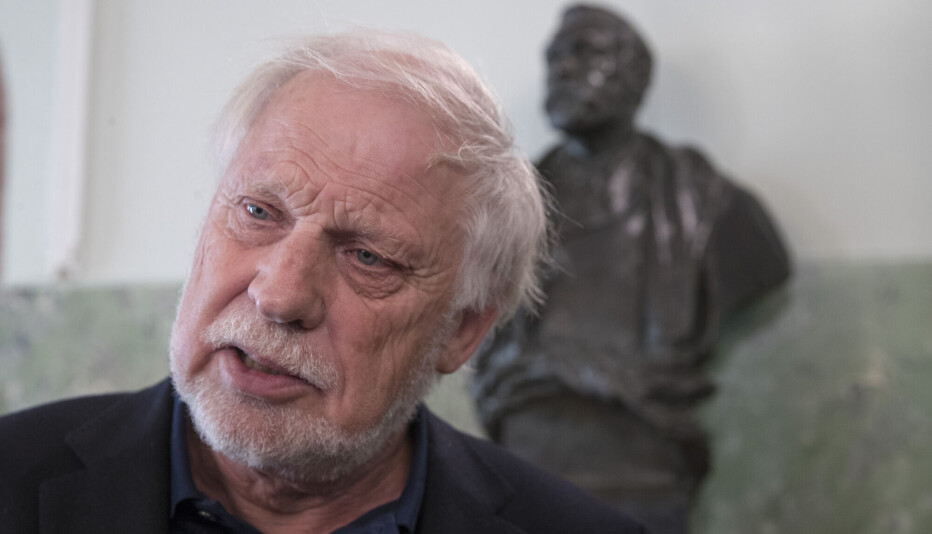
How to get young adults into jobs
Paying wage subsidies to employers is the best way of getting unemployed young people into jobs. Job-training initiatives and close follow-ups of young people are other ways.
A compound assessment of 44 Nordic, British and German studies of job promotion measures for young people shows that certain approaches work better than others.
Researchers have found that efforts in employing young persons in the public sector in many countries have given the weakest results. In fact these measures can often be more negative than positive.
Work training programmes are another surprise for many, as these too often have no result or even a negative effect for the young persons who lack jobs.
The things that work
Subsidizing wages for young persons by funding employers appears to be the best instrument in the Northern European toolbox, in this respect. Some 60 percent of these measures were evaluated as positive among researchers.
Enhanced activation has a 50 percent chance of a positive result, according to the researchers and they give the initiative the thumbs up.
Enhanced activation includes measures to engage young people as early as possible and follow them up tightly with help in job applications, sometimes through advisors and sometimes through threats of sanctions.
Various types of job training measures can also be helpful.
Ineffectual learning
Inés Hardoy, a researcher at the Norwegian Institute for Social Research in Oslo, has led the work in the Norwegian summary of international research on employment promotion programmes for young persons.
“When we see that initiatives with job training and public sector work for young people get such meagre yields it is probably because the youth who have participated in these schemes often have received little instruction and practical experience of much benefit,” she says.
“The results are often best when a young person is given concrete instructions and training that an employer can utilise long-term.”
This is probably the explanation why wage subsidies paid to the employer have been shown to have a good effect in many countries, asserts Hardoy.
Subsidised pay checks work best
“Payroll subsidies more often contribute to making a young person useful for the business,” she says.
“Work experience placements, on the other hand, are often too vague. But this can vary from one workplace to another.”
Norwegian employment and job researchers have often seen this in domestic research. They now see the same trend in other Northern European countries.
Researchers have previously concluded that schemes which can be labelled as enhanced activation have had a good yield in Norway. Now they see that the utility of these initiatives has been confirmed in other countries too.
Twice as high
Norway is far from the only country that struggles to provide jobs for young people.
Recent figures from Eurostat show that in most European countries unemployment among young people is over twice as high as for adults.
Norwegian research has shown that young people are particularly vulnerable to problems such as marginalisation and social exclusion if they experience long-term unemployment and inactivity.
Young adults hard to help
Several international studies have also indicated that young adults are an especially difficult group to help into working life.
Initiatives aimed at getting young people into jobs often have little or no effect.
That said, the researchers eye a positive trend. More job schemes have been having an impact in the past 10 to 15 years than in earlier years. This is possibly an indication that the authorities and others who try to help unemployed young adults have learned from previous mistakes.
In this meta-analysis the researchers found no significant gender differences in the success of such job-promotion measures – effects are about the same for young men and young women.
Reference:
[In Norwegian:] Ines Hardoy, Knut Røed, Kristine von Simson and Tao Zhang: “Effekter av arbeidsmarkedspolitikk rettet mot ungdom i Nord-Europa – en metaanalyse”, the journal Søkelys på arbeidslivet, no. 3/2017. Summary.
-------------------------------------
Read the Norwegian version of this article at forskning.no
Translated by: Glenn Ostling
































